Microsoft recommends Exchange admins to disable the SMBv1 protocol
Security Affairs
FEBRUARY 13, 2020
Microsoft is recommending administrators to disable the SMBv1 network communication protocol on Exchange servers to prevent malware attacks. Microsoft is urging administrators to disable the SMBv1 protocol on Exchange servers as a countermeasure against malware threats like TrickBot and Emotet. Get-WindowsFeature FS-SMB1).Installed

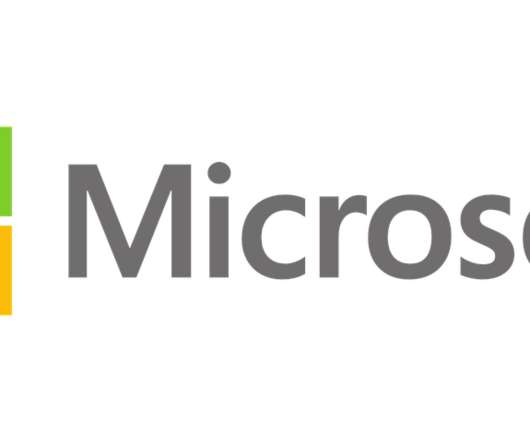



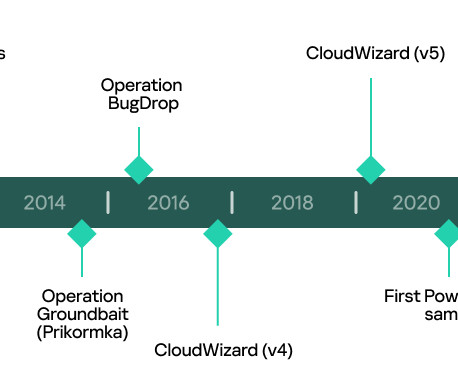

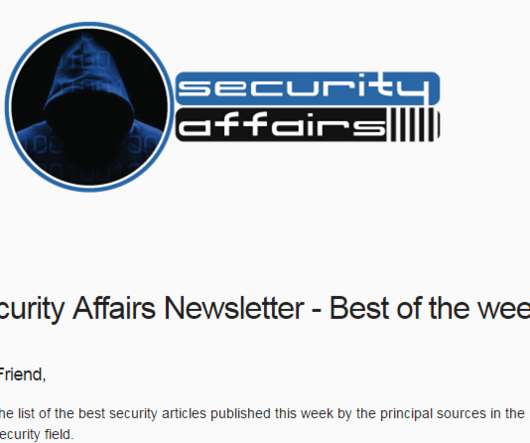




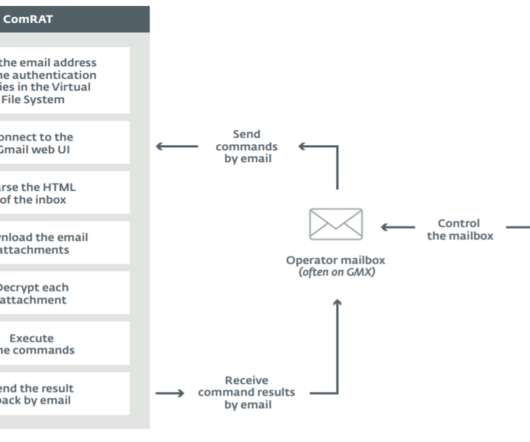




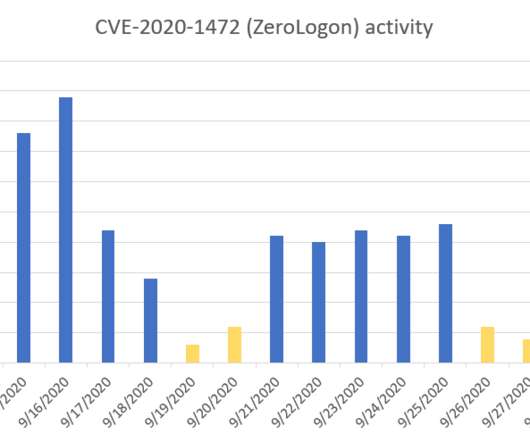
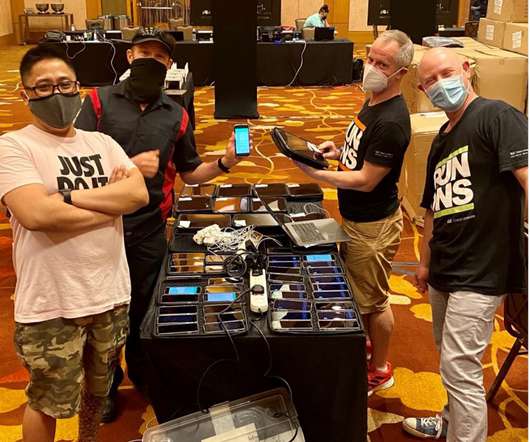






Let's personalize your content